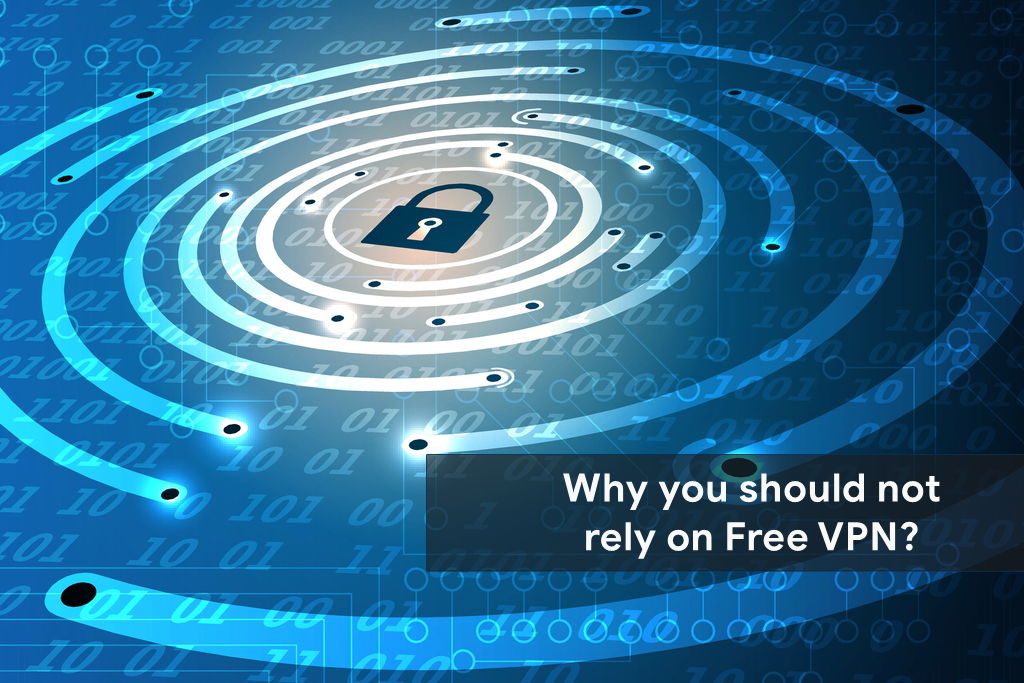1. They may track your online activity and sell your data
VPNs are supposed to hide your identity and online activity from the prying eyes of ISPs, hackers, and nosey governments. They encrypt your data and pass it through a VPN server to mask your real IP address. But the VPN provider can see your activity. Leading VPN providers put in place anti-tracking policies and don’t keep a record of your activity. In contrast, many free VPNs make money by tracking users and selling their data to third parties. After all, operating a network of VPN servers is expensive.
2. They’re unregulated
ISPs in Europe and North America are heavily regulated. But even though they can track users and sell their data, the details and parties to these transactions are known to the public. This is not the case with VPNs, especially those outside the “Five Eyes” jurisdiction. Free VPNs give cybercriminals relatively easy access to your personal identifiable data as most free VPN providers ask for personal information during registration. They can link your account with your browsing activity then sell your profile to interested parties.
3. They can make your IP address a network endpoint
Some free VPN providers have been known to turn users’ connections into network endpoints. They do this to increase the network bandwidth and offer other users a portal. The providers can then use a subsidiary to sell your endpoint. This process leaves your IP address on the server logs and exposes you to prosecution in case the person using your endpoint engages in illegal online activity. Moreover, someone who uses your exit node to access sites in your country leaves a trace of your IP address on the sites.
4. They give priority to ads on your connection
Free VPN providers have to make money one way or another. Besides tracking and selling user data, these providers can generate ad revenue. Making money through ads isn’t wrong. But free VPN providers give bandwidth priority to third-party advertisers on your connection because they want you to click those ads. This slows down page-loading speeds, giving you a suboptimal online experience.
5. They can leak your IP address
An effective VPN works like a secret tunnel through which all your traffic can flow out of the sight of snooping eyes. Free VPNs offer a tunnel with subpar security. Security vulnerabilities may open holes through which your IP address and other important data might leak. Traffic leaks or DNS leaks can leave your IPv4 and IPv6 addresses exposed for anyone interested to see. Even though such leaks aren’t unheard of with premium VPNs, they are not common. As with any other highly-sensitive service, investing in top-quality online privacy and security always turn out to be a worthwhile investment.
Ditch your free VPN
Hopefully, these points make you reconsider your decision to use a free VPNs. They’re so risky that you’re better off not using a VPN and sending all your traffic through your ISP. Once you get rid of your free VPN, you can either get a VPN from an established provider like IPVanish or NordVPN (comparison here), by or using the TOR network.
